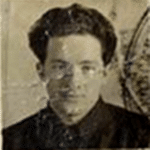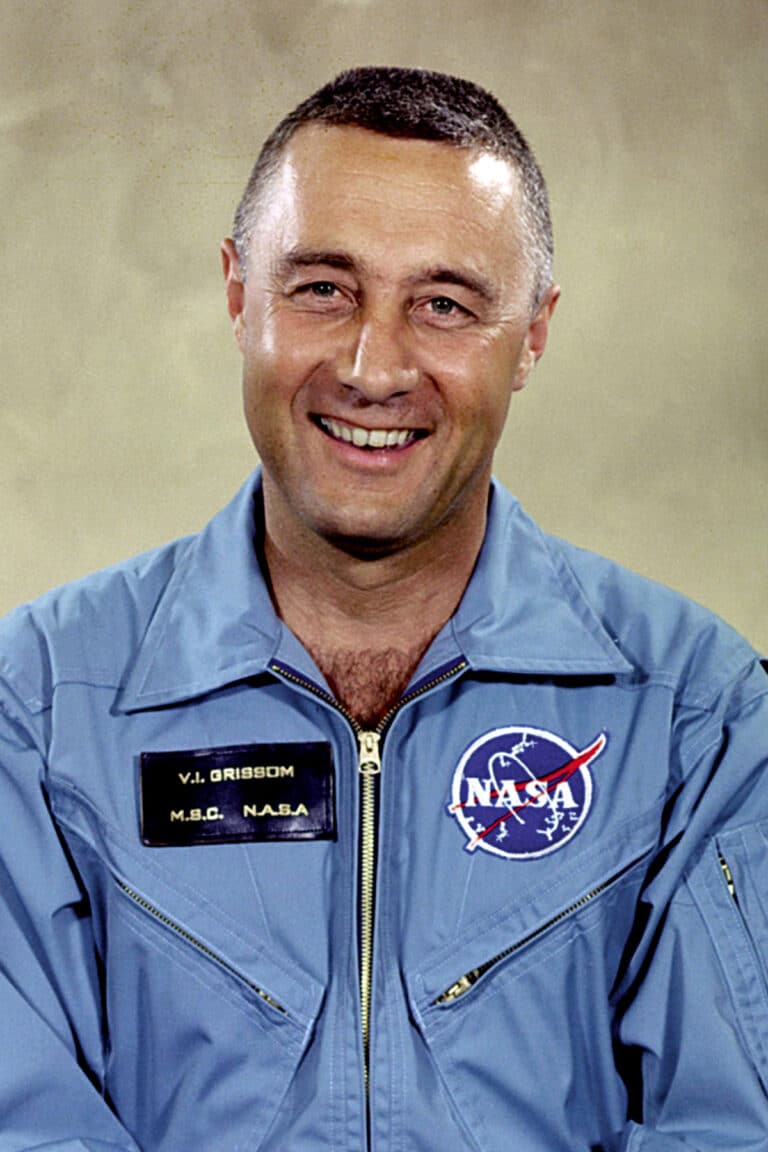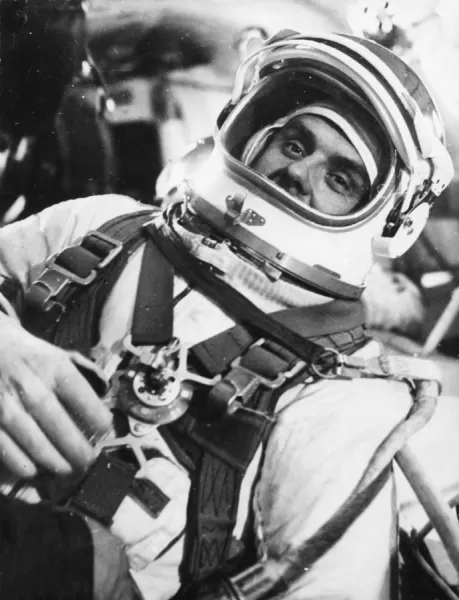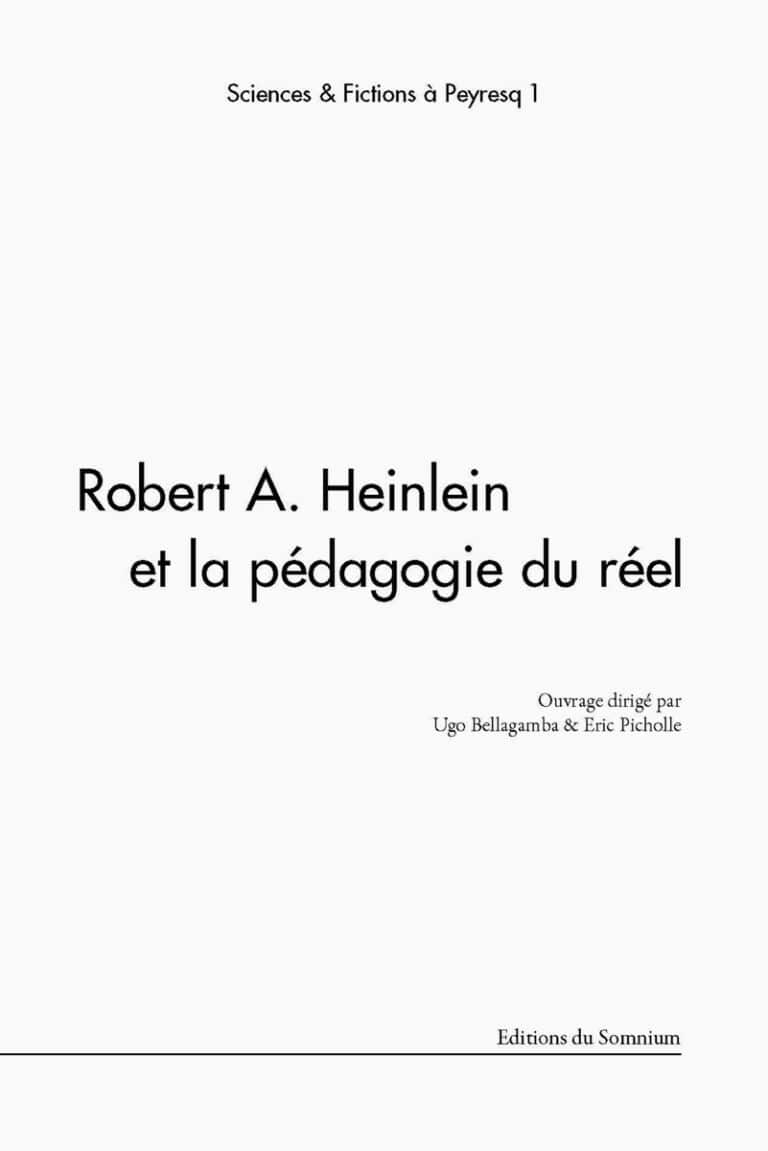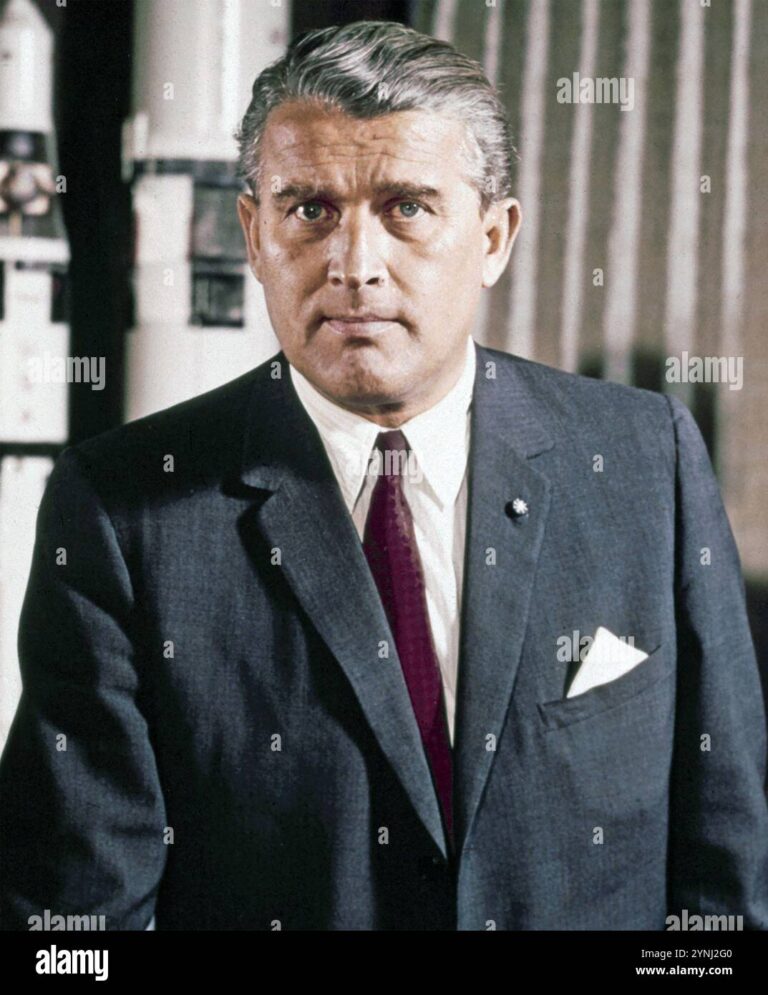On June 24, 1982, a decisive moment was inscribed in the history of French astronautics. By taking off from Baikonur aboard the Soviet rocket Soyuz T-6, Jean-Loup Chrétien stirred the collective imagination by becoming the first Frenchman to reach space. This extraordinary adventure was just beginning. During this flight, he joined the space station Salyut 7, marking a crucial step for France within the space community. With training as a brigadier general in the air force and an unwavering determination, Chrétien etched his name in the annals of space exploration, paving the way for future cosmic adventurers.
Table des matières
ToggleJean-Loup Chrétien: The French Pioneer of Space
Forty years ago, Jean-Loup Chrétien was preparing to write the first pages of the history of French aeronautics. On June 24, 1982, aboard a Soyuz T-6 rocket, he took off from the Baikonur cosmodrome. This moment marked a spectacular breakthrough for France, which then established itself as a key player in space exploration.
With an engineering background and an impressive military career, Jean-Loup Chrétien is not a stranger in the world of aeronautics. His diligence, combined with an unwavering passion for space, allowed him to stand out among the selected candidates for the program. During this mission, he joined the Soviet space station Salyut 7, thus becoming the first Frenchman and the first Western European to operate in such a hostile and fascinating environment.
Through this experience, he embodies not only the spirit of adventure but also international collaboration during the Cold War. Jean-Loup Chrétien’s mission marks the beginning of a new era for French astronautics and inspires many generations to follow in his footsteps in the conquest of space.

Jean-Loup Chrétien: The First Frenchman in Space
The journey of Jean-Loup Chrétien to the stars begins in the 1950s. Born on August 20, 1938, in La Rochelle, this fascinating man developed a passion for aviation early on. His training at the École de l’air allowed him to become a fighter pilot, a dream that led him to join the French Air Force. Alongside his military career, he distinguished himself through his determination and spirit of adventure, which would push him to explore horizons far beyond solid ground.
In the early 1980s, the Soviet Union and the United States were engaged in an increasingly intense race for space exploration. On the international stage, France aspired to strengthen its presence in this fascinating universe. It was in this context that the French government, in conjunction with the Soviet space agency, decided to form the first cohort of French astronauts. Jean-Loup Chrétien was among the selected candidates, having brilliantly passed the rigorous selection processes.
The June 24, 1982 is an emblematic date for France. On that day, Jean-Loup Chrétien took off from Baikonur aboard a Soyuz T-6 spacecraft. His objective: to join the Soviet space station Salyut 7. This mission led him to become the first Frenchman and, more broadly, the first Western European to reach space. This historical moment is not only a huge personal achievement for Chrétien but also a source of pride for an entire nation that dreams of exploits in the field of space.
Throughout the flight, which lasted just over 189 hours, Jean-Loup Chrétien conducted several scientific and technical experiments that contributed to the advancement of human knowledge in space. He interacted with his fellow cosmonauts, sharing his procedures and discoveries, while striving to understand this new environment. His determination and professionalism left no room for doubt regarding the significance of this mission for all of Europe in terms of space exploration.
But the story of Jean-Loup Chrétien doesn’t stop there. In 1988, he embarked on another mission, and this time, he conducted an extravehicular activity, thus becoming the first non-Soviet and non-American to achieve such a feat. These successive exploits placed him center stage, further enhancing France’s status in space exploration.
Throughout his career, Chrétien also made his voice heard on crucial issues related to aeronautics and space, advocating for a balance between innovation, scientific research, and military control. His legacy within the French space agency and beyond remains indelible; he is often cited as an example for his contribution to space history, both nationally and internationally.
Jean-Loup Chrétien thus embodies the passion and commitment necessary for the conquest of space, leaving a lasting impression on future generations of astronauts and aviation enthusiasts. His career, marked by exploits and innovative initiatives, will be remembered as one of the greatest chapters in the history of French aeronautics.













